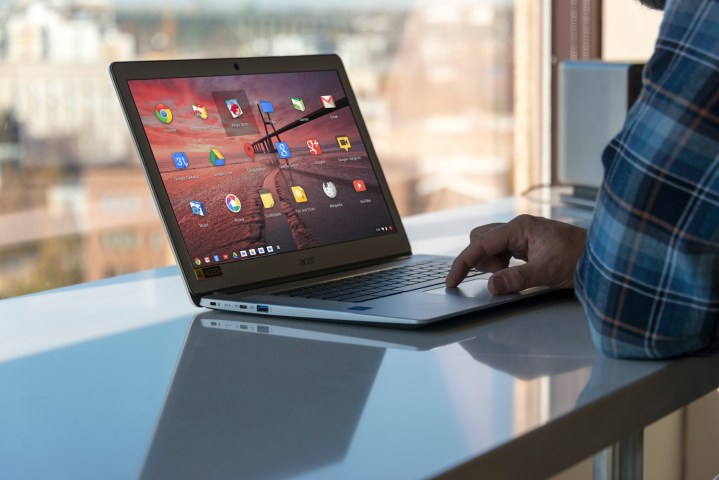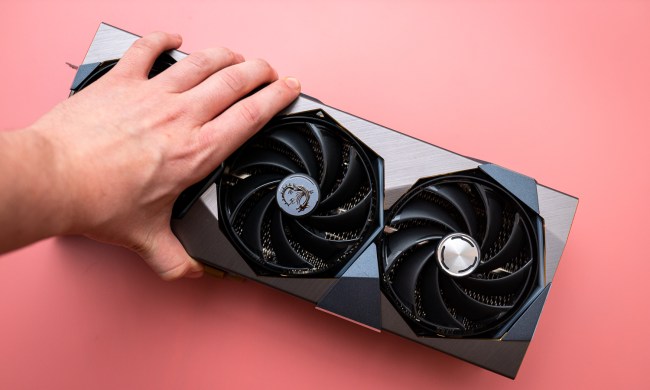
Typically, on Android phones and tablets, you see multiple apps on a list after touching the virtual Overview button. Technically, these apps are open but they remain in a paused state save for the current app displayed on the screen. That’s due to the physical size of the screen and to conserve battery power.
But with Chromebooks, the screen and batter are larger, thus pausing Android apps isn’t necessary. With Android Parallel Tasks toggled on, you can move from Android-based window to window, and each app will remain active even though they’re not your main focus. Given Windows, MacOS, and Linux provide the same multitasking experience, adding Android Parallel Tasks to Chrome OS makes perfect sense.
For example, on Android phones, if you were to have Facebook, Twitter, Gmail, and a handful of other apps open, they will all pause, save for the app you currently have displayed on the screen. On a Chromebook with Chrome OS Beta 64, those same apps can appear on the screen un-paused no matter which app you are currently using. To close them, simply click on the “X” like you would on a Windows, MacOS, or Linux PC.
“I did notice that once enabled, it will cause some loading issues with the Play Store and a few other apps,” the post states. “Those will take longer to load — but they will load eventually. The toggle does, however, work as intended. V64 Beta is currently very buggy on my Pixelbook (crashes a lot with other random issues), so i would not recommend using it as a daily driver.”
In the overall epic story of Chrome OS, the Google Play Store and its suitcase of Android apps is rather new to the scene. Chrome OS was originally designed to be a lightweight, open-source operating system that relied on web-based apps. But the platform officially opened its arms to Google Play in May 2016, enabling Chromebook owners to download and install Android apps. Google followed up with Split View so that device owners could have two active Android apps running as long as they consumed one half of the screen.
Even though Android and Chrome OS are two different operating systems, the downloaded apps aren’t running on your typical CPU-hogging emulator. Instead, Chrome OS now includes technology that creates an isolated environment so that Android apps can run at “near-native” speeds. The Google Play apps are downloaded to Chromebooks along with instructions on how they should run at an optimal level.
Given support for Google Play is still relatively new, there are still a few kinks to work out. But Google’s list of Chromebooks supporting the Play Store continues to grow at a steady rate.

